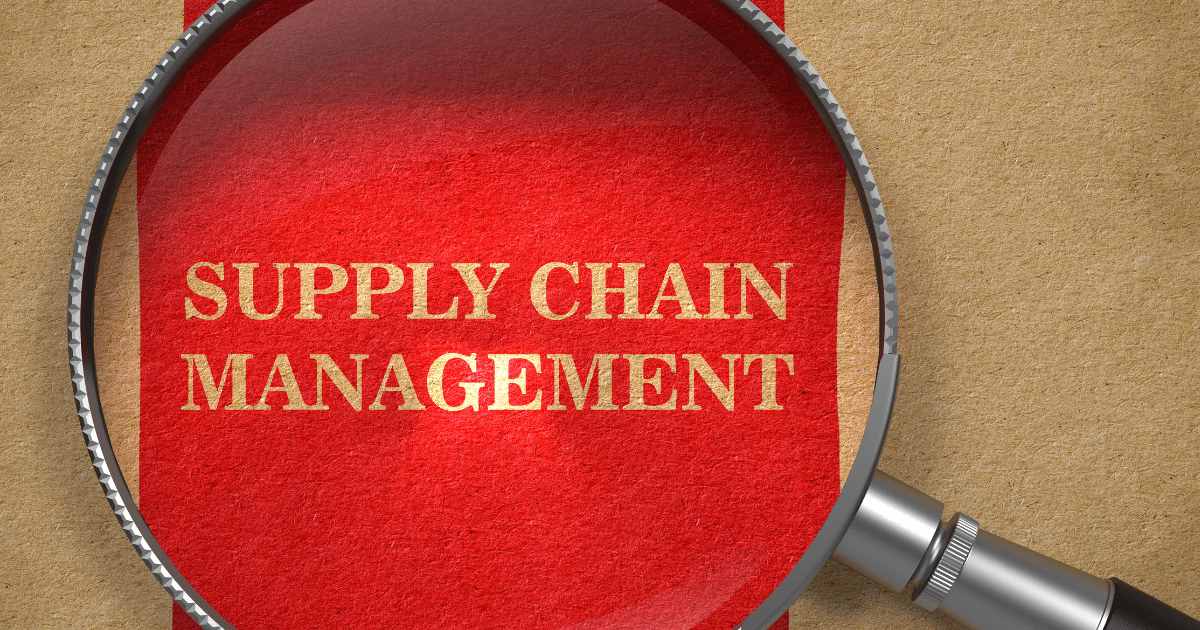
One of the most important aspects of business operations is managing your supply chain. Your supply chain directly impacts the quality of the products and services you offer, and the experience your customers have. Without effective supply chain management, running your business can get messy.
To help you get this right, here are ten effective supply chain management strategies that SMEs should focus on.
1. Build Strong Supplier Relationships
Establishing and nurturing great relationships with your suppliers is crucial for the success of your business. When it comes to effective supply chain management strategies, it all starts with the relationship you have with your suppliers.
Create an environment of open communication, transparency, and trust with suppliers. Engage in fair negotiations to ensure mutually beneficial agreements. Most importantly, think long-term when you get into supplier agreements, as this can help you gain more value from the supplier relationship.
By creating strong ties with reliable suppliers from the start, you can guarantee timely deliveries and consistently high-quality products. This lays the foundation for sustained growth and success.
2. Strategic Inventory Management With Software
Striking the right balance in your inventory levels is essential to avoid costly overstocking or unwanted inventory shortages.
Using advanced inventory management software is the best way to do this. The software can help you monitor stock levels, analyze demand patterns, and accurately forecast your future inventory requirements.
Careful inventory management with software minimizes operational costs and ensures that your products are readily available to meet customer demands.
3. Adopt Lean Manufacturing Principles
Embrace the philosophy of lean manufacturing to streamline your production processes and enhance your operational efficiency.
Lean principles work when you continuously try to eliminate wasteful practices, optimize your workflows, and reduce lead times. By implementing these lean principles, small businesses can achieve significant cost savings while remaining agile and responsive to market dynamics. This can have a big positive effect on your supply chain management.
4. Use Technology for Supply Chain Optimization
Embrace technology to enhance visibility and efficiency across your supply chain operations.
Invest in software solutions like Enterprise Resource Planning (ERP) systems to seamlessly integrate various facets of your business, from procurement to production planning.
These digital tools empower you with real-time insights and analytics, enabling data-driven decision-making and proactive risk management.
5. Proactive Risk Mitigation
An essential element of effective supply chain management is to identify potential risks lurking within your supply chain ecosystem. Once you’ve understood what possible risks could exist, you can develop contingency plans to mitigate these risks and keep your business operating smoothly.
Diversifying your supplier base and establishing alternative sourcing options can help protect your business against unforeseen disruptions. This is important for ensuring uninterrupted operations.
6. Promoting Collaboration and Networking
Develop strategic partnerships with fellow SMEs, suppliers, and industry peers to create a network of collaboration and knowledge sharing.
Engage with industry associations, participate in networking events, and possibly use trade shows to expand your professional network. This will help you stay on top of emerging trends and opportunities – which can help you improve your supply chain.
7. Focus On Sustainable Practices
Businesses today should embrace sustainability as a core part of their supply chain strategies. You can do this by prioritizing ethically sourced materials, minimizing waste, and reducing your environmental footprint.
Aligning your business practices with eco-conscious principles not only enhances your brand reputation but also attracts environmentally-conscious consumers.
8. Focus On Supply Chain Visibility
Technologies like barcodes and RFID tags can greatly enhance visibility and traceability throughout your supply chain network.
By closely monitoring inventory levels and shipment statuses in real-time, you can quickly identify any bottlenecks and inefficiencies. This is necessary for proactive problem-solving and supply chain optimization.
9. Continuous Improvement
When looking at your supply chain, try to create a culture of continuous innovation and improvement.
Encourage employees to identify inefficiencies they experience and make suggestions for process enhancements. You’ll also want to regularly review and refine your supply chain processes to adapt to the ever-changing customer preferences.
10. Customer-Centricity
Place utmost importance on understanding and fulfilling your customer needs by delivering great value and service. After all, your supply chain exists to serve your customers.
Gather customer feedback, analyze customer insights, and tailor your supply chain operations to consistently meet customer expectations. Prioritizing customer satisfaction is essential for developing a sustainable and effective supply chain.
A well-managed supply chain is crucial for a business that functions smoothly. Focus on the tactics above, and you should be able to develop good supplier relations and build a supply chain that offers maximum value to your customers. Getting this right is essential for business success, no matter what your business does.





